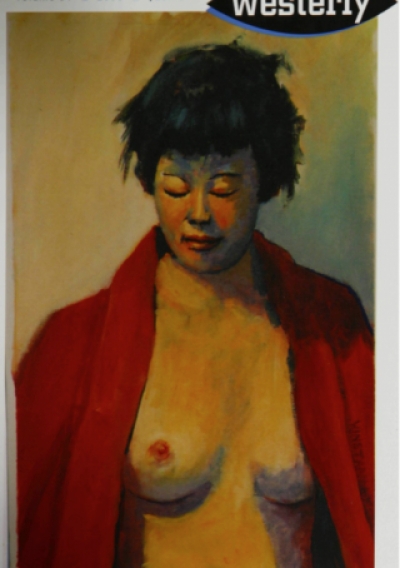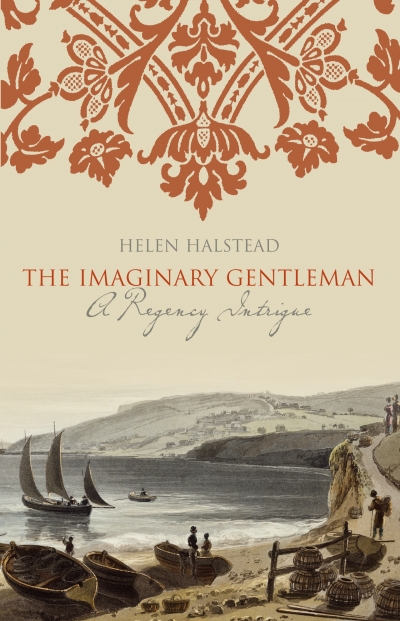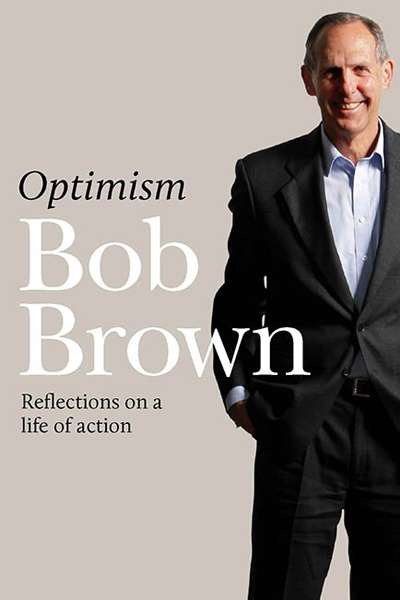Education
The Floating University: Experience, empire, and the politics of knowledge by Tamson Pietsch
by Glyn Davis
Novelists and historians alike must choose how to tell their story. They may prefer a traditional authoritative voice, recounting the story in chronological order. Events surprise or shock as they unfold on the page, arriving at an apparently inevitable conclusion. This familiar organising principle holds our attention, but comes with constraints. Material must make sense within the timeline, or the narrative stalls. Think of Tolstoy’s long digression on farming in Anna Karenina or Hugo on constructing the sewers of Paris in Les Misérables, as we wait impatiently for Jean Valjean to flee the barricades.



























